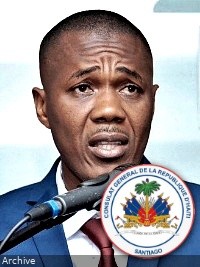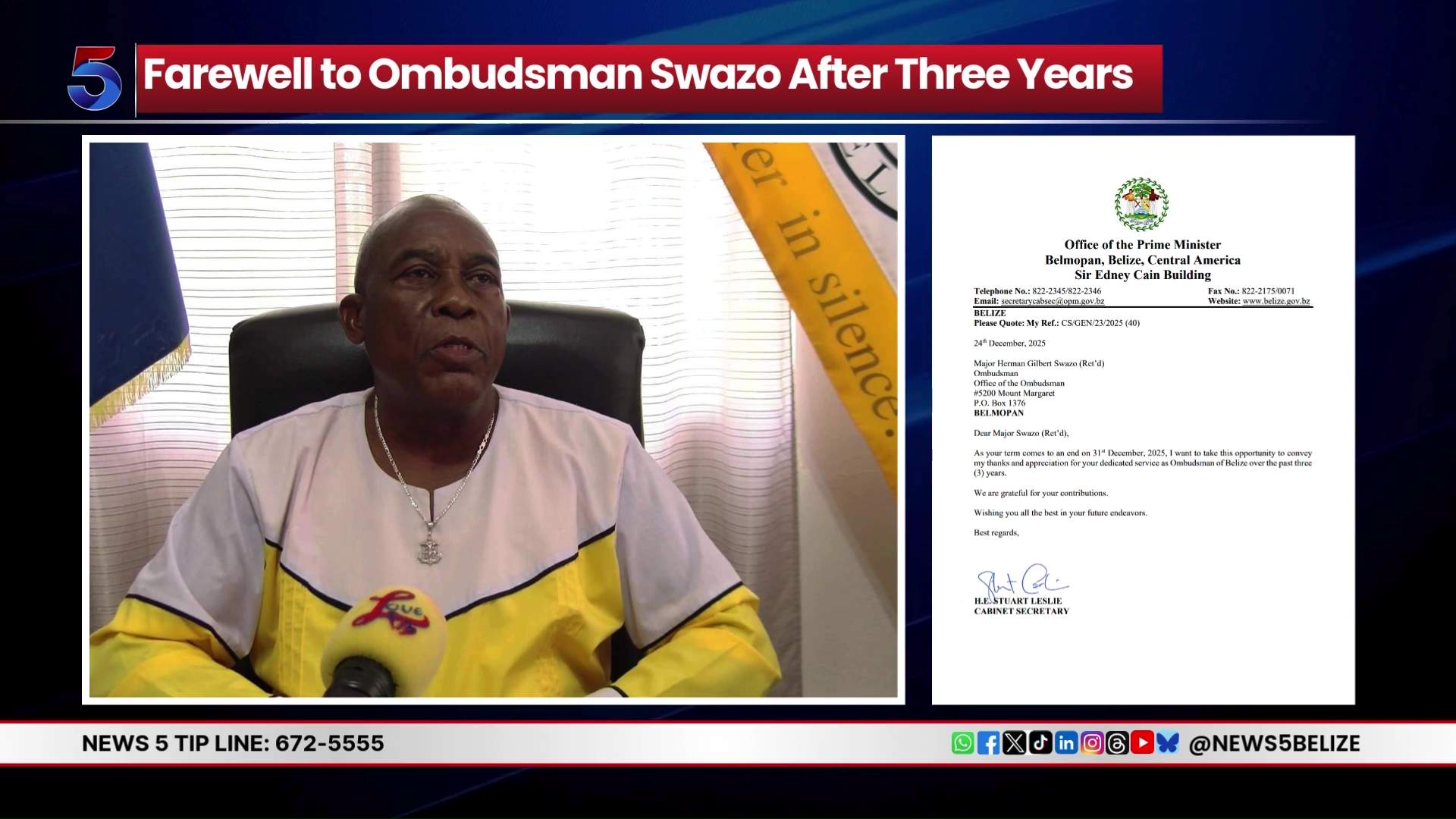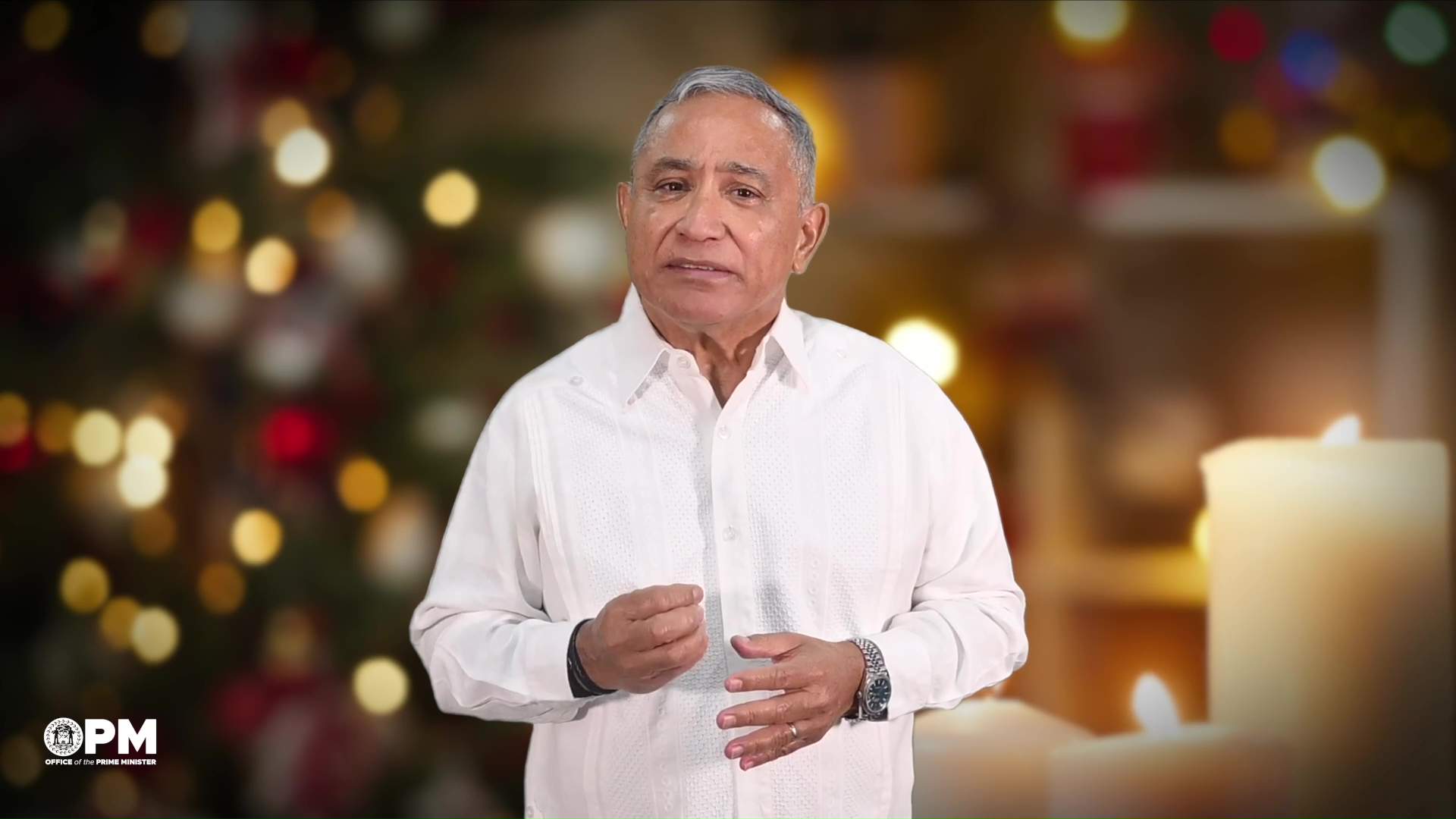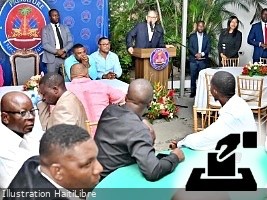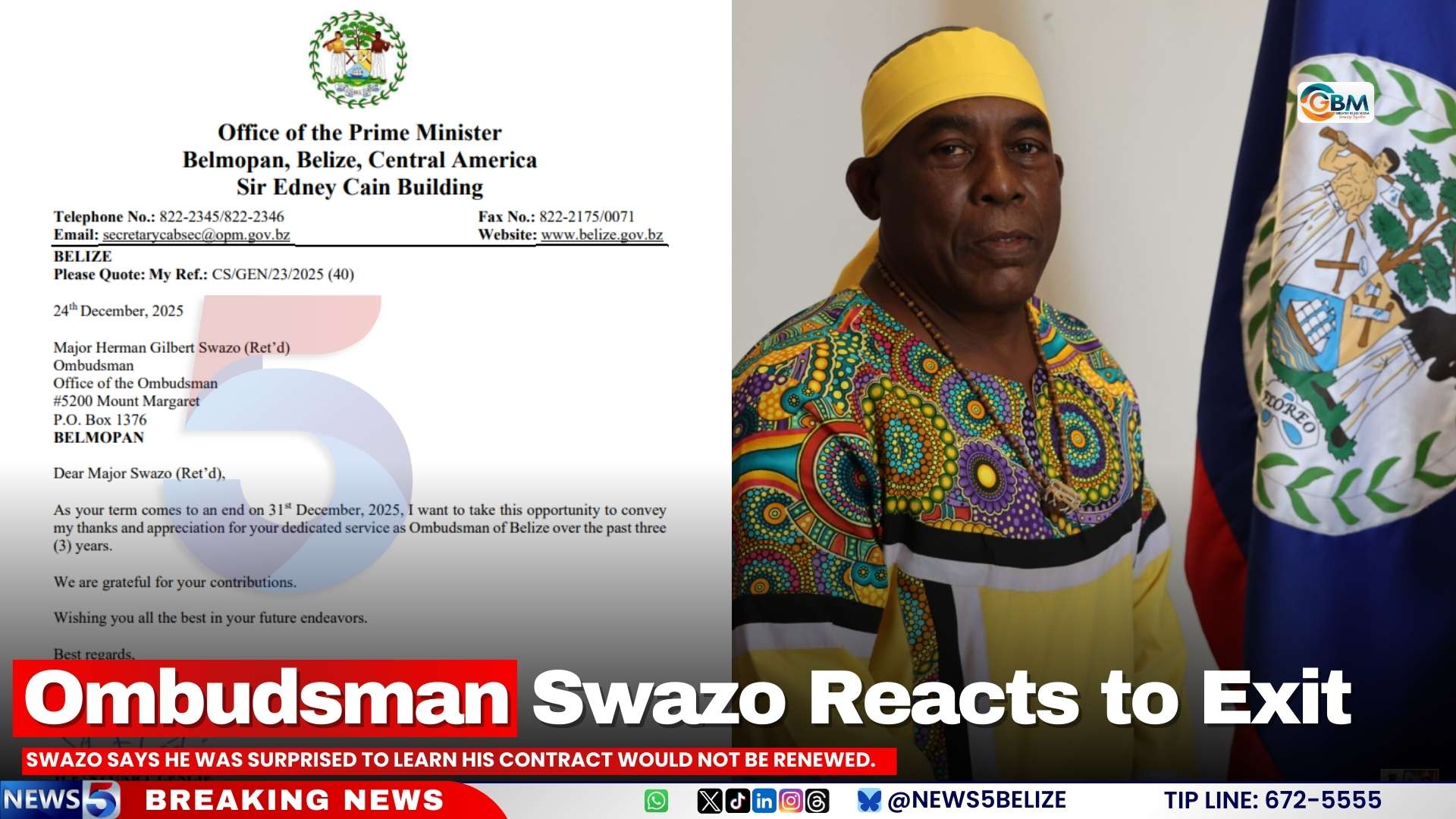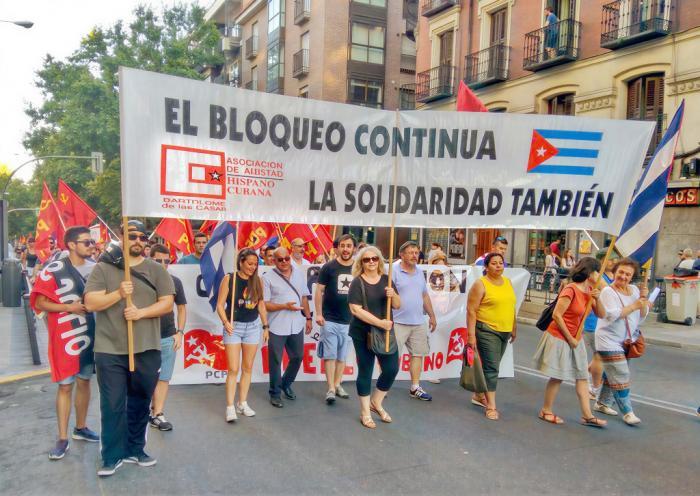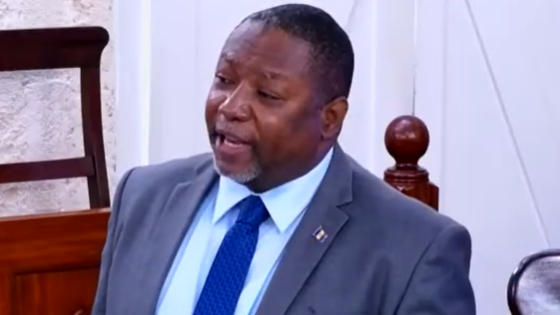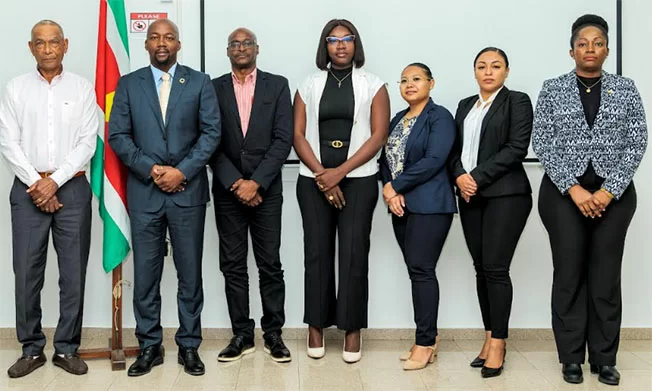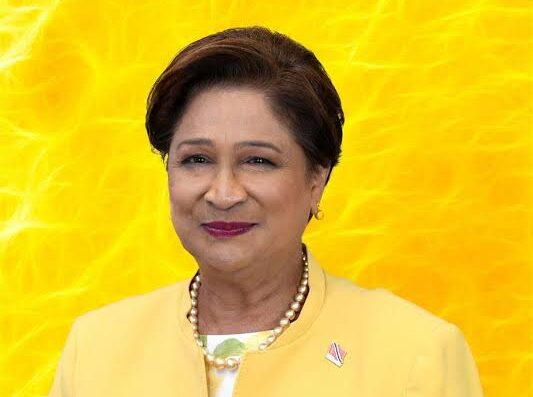In a controversial diplomatic development, Stephen Junior Cherenfant has been abruptly removed from his position as Acting Head of Mission at Haiti’s Consulate General in Santiago, Dominican Republic. The dismissal occurred merely three months after his appointment on September 26, 2025, sparking allegations of political retaliation.
The core dispute centers on Cherenfant’s refusal to authorize consular funds for covering personal expenses of Emmanuel Vertilaire’s family during their stay in the Dominican Republic. Vertilaire, representing the radical political party ‘Pitit Desalin,’ allegedly pressured the consul to use official budgets for hotel accommodations and personal needs of his wife and children.
Cherenfant defended his position by citing public accounting regulations and principles of good governance, maintaining that state resources should not finance private expenditures of government officials’ relatives.
The Haitian government has maintained administrative silence regarding the dismissal. Neither the Presidential Transitional Council (CPT) nor the Ministry of Foreign Affairs has provided substantive explanations, merely referencing ‘operational reasons’ and ‘restructuring of Haitian diplomacy’ as justification. Notably, Vertilaire has not denied the allegations raised against him.
The absence of official transparency has drawn sharp criticism from anti-corruption organizations and diaspora associations, who interpret the silence as implicit acknowledgment of wrongdoing. Many observers view the timing and circumstances of the dismissal as reinforcing theories of political retaliation rather than legitimate personnel evaluation.
